LS7260C, LS7262C
BLDC Motor Commutator/Controller (20 Pins)
View Datasheet
View Footprint on SnapEDA
Buy on Digi-Key

All of our Standard Products are RoHS Compliant
$4.02 – $4.37Price range: $4.02 through $4.37
Select Product and Package Type below:
LS7260C, LS7262C
Description
The LS7260C / LS7262C are MOS integrated circuits designed to generate the signals necessary to control a three phase or four phase brushless DC motor. They are basic building blocks of a brushless DC motor controller. The circuit responds to changes at the SENSE inputs originating at the motor position sensors to provide electronic commutation of the motor windings. Pulse width modulation of outputs for motor speed control is accomplished through either the ENABLE input or through the Analog input (VTRIP) in conjunction with the OSCILLATOR input. Over-current circuitry is provided to protect the windings, associated drivers, and power supply. The over-current circuitry causes the external output drivers to switch off immediately upon sensing the over-current condition and on again only when the over-current condition disappears and the positive edge of either the ENABLE input or the saw-tooth OSCILLATOR occurs. This limits the over-current sense cycling to the chopping rate of the ENABLE input or the saw-tooth OSCILLATOR.
A positive braking feature is provided to effect rapid deceleration. While the LS7262C is designed for driving PNP and NPN transistors, the LS7260C is designed to drive both PMOS and NMOS Power FETs and develops a full 12V drive for both the N-Channel and P-Channel devices when using a 12V power supply.
Features:
• Direct drive of P-Channel and N-Channel FETs (LS7260C)
• Direct drive of PNP and NPN transistors (LS7262C)
• Six outputs for driving power switching bridge directly
• Open or closed loop motor control
• +5C to +28C operation (VSS – VDD)>
• Externally selectable input to output code for 60°, 120°, 240°, or 300° electrical sensor spacing
• Three or four phase operation
• Analog speed control
• Direction control
• Output enable control
• Positive static braking
• Over-current sensing
Additional information
| Product | LS7260C-S (20-Pin SOIC), LS7260C-TS (20-Pin TSSOP), LS7260C (20-Pin DIP), LS7262C-S (20-Pin SOIC), LS7262C-TS (20-Pin TSSOP), LS7262C (20-Pin DIP) |
|---|
Only logged in customers who have purchased this product may leave a review.
Similar Products:
-

LS7362C
$4.02 – $4.37Price range: $4.02 through $4.37 Select options This product has multiple variants. The options may be chosen on the product page -

LS7560F, LS7561F
$6.33 – $7.31Price range: $6.33 through $7.31 Select options This product has multiple variants. The options may be chosen on the product page

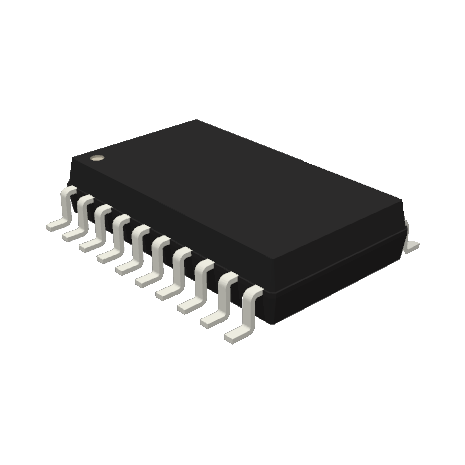
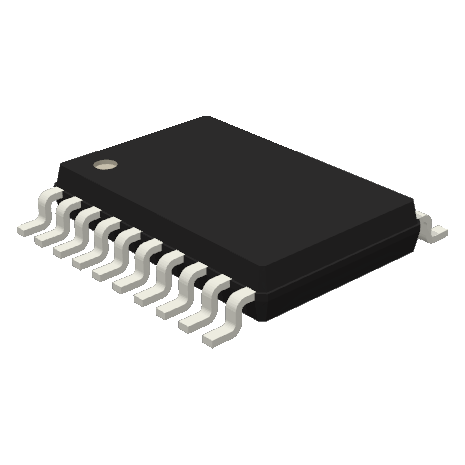
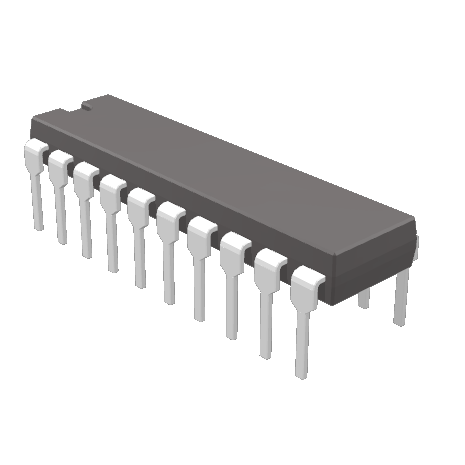
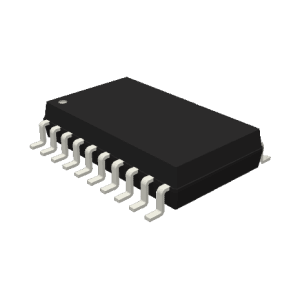
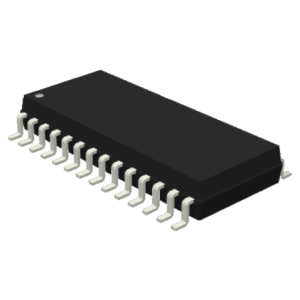
Reviews
There are no reviews yet.